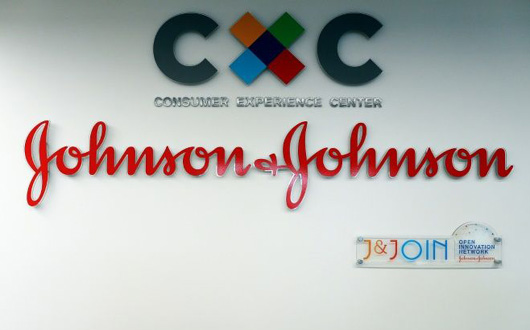WASHINGTON, July 13, 2018 (BSS/AFP) – US pharmaceutical giant Johnson &
Johnson was Thursday ordered to pay out $4.69 billion in damages in a lawsuit
representing 22 women and their families who alleged a talc sold by the
company contained asbestos and caused them to suffer cancer.
It is the latest twist in a matter that has seen several thousand lawsuits
filed against J&J.
According to the victims’ lawyer, Mark Lanier, a jury composed of six men
and six women in St Louis, Missouri, ruled in favor of the women after a six-
week trial and eight hours of deliberation. The damages include $550 million
in compensation and over $4.1 billion in punitive damages.
The plaintiffs said using the talc for personal hygiene had caused ovarian
cancer.
“For over 40 years, Johnson & Johnson has covered up the evidence of
asbestos in their products,” Lanier said in a statement.
“We hope this verdict will get the attention of the J&J board and that it
will lead them to better inform the medical community and the public about
the connection between asbestos, talc, and ovarian cancer,” he said, calling
for talc to be pulled from the market.
J&J said it was “deeply disappointed in the verdict.”
In a statement, it described the trial as “a fundamentally unfair process
that allowed plaintiffs to present a group of 22 women, most of whom had no
connection to Missouri, in a single case all alleging that they developed
ovarian cancer.”
“The result of the verdict, which awarded the exact same amounts to all
plaintiffs irrespective of their individual facts, and differences in
applicable law, reflects that the evidence in the case was simply overwhelmed
by the prejudice of this type of proceeding.”
The company said its talc does not contain asbestos or cause ovarian
cancer, and vowed it would “pursue all available appellate remedies.”
Several similar trials have already taken place, with a Los Angeles appeals
court last October dismissing a $417 million verdict against J&J, saying the
complainant’s arguments were insufficient and vague.



